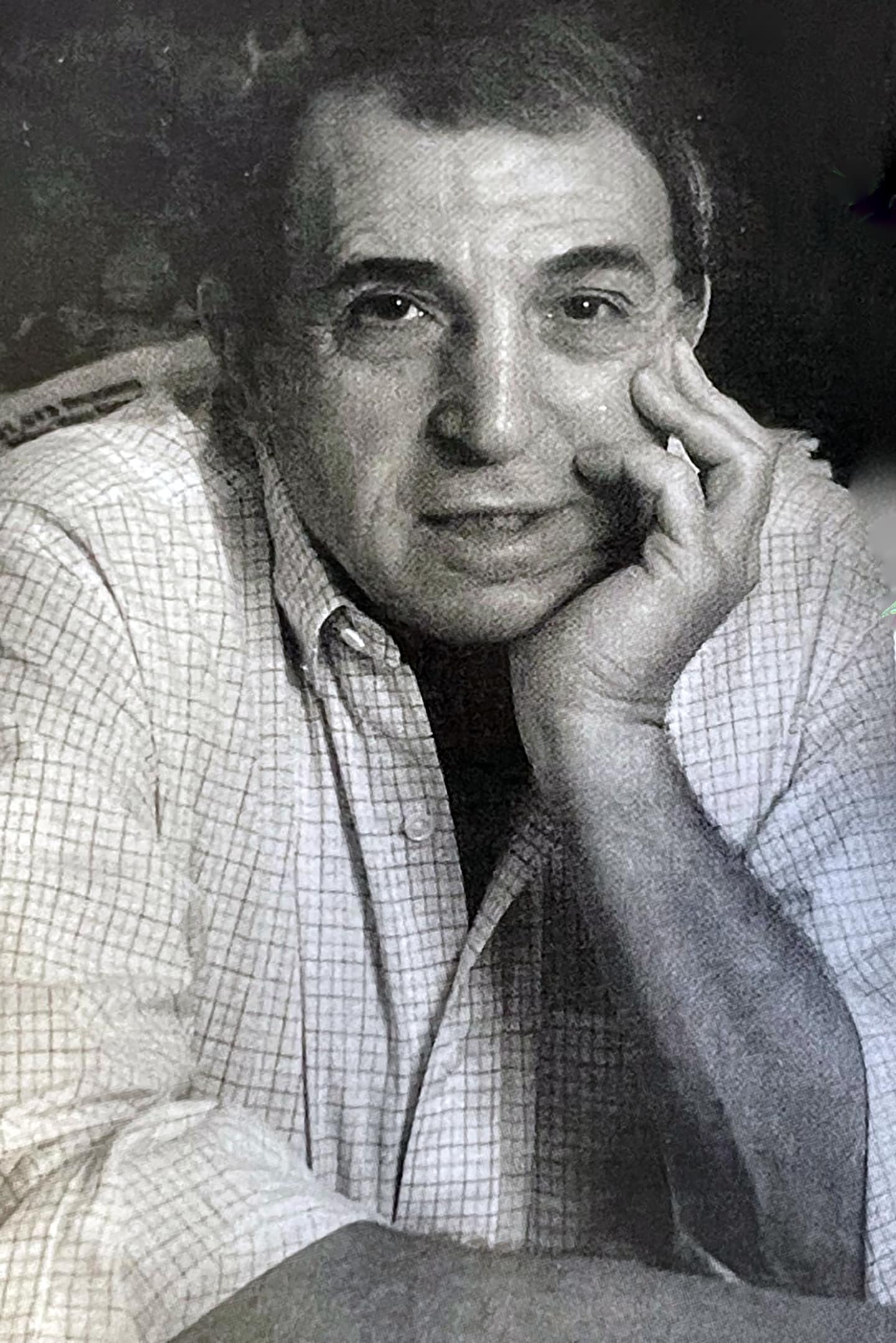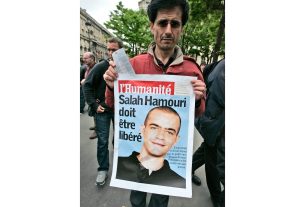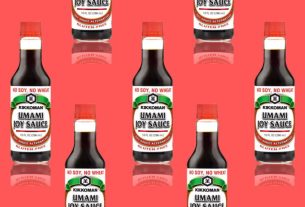Over a career spanning seven decades and more than 10 books, Mr. Viorst toggled between the worlds of on-the-scene reporting for the New Yorker and other mainstream publications, and scholarly research and policy punditry on U.S. affairs and the Middle East.
His multiple styles expanded his influence and audience but could also blur perceptions of whether Mr. Viorst was mostly an advocate, analyst or observer. He saw no contradictions in sometimes being all at once. Mr. Viorst described his 1987 book on Israel’s past and future, “Sands of Sorrow” as “part journalism, part historical and political commentary, part personal odyssey” as an American Jew.
Mr. Viorst’s overlapping roles as journalist and policy analyst were most vividly on display in Iraq, which he covered as a staff writer for the New Yorker from 1988 to 1993. He chronicled the 1991 U.S.-led war to oust Iraqi forces from Kuwait and Saddam Hussein’s withering attacks to put down internal uprisings by Shiites and Kurds challenging his Sunni Muslim-led regime in Baghdad.
“Fifty-millimeter machine-gun shells littered the ground. … The wall surrounding the Shrine of Hussein looked as if it had been struck by an earthquake,” he wrote in a 1991 story for the New Yorker from Karbala, Iraq, after government forces crushed Shiite protests. “The colorful mosaic tiles, the granite facing, and the ceramic grilles that covered the windows were scattered all over the pavement.”
He publicly argued that American administrations should have sought dialogue with Baghdad rather than isolation. He called for the United States to keep open channels with Hussein, who was a U.S. ally for much of the 1980s while Iraq was at war with Iran.
He also warned presciently of the risks from further U.S. military action in Iraq. The U.S.-led invasion in 2003 opened years of civil war and bloodshed that claimed the lives of about 4,500 U.S. service personnel and more than 100,000 Iraqi insurgents and civilians, according to monitoring groups. And as Mr. Viorst and others predicted, Hussein’s fall from power in 2003 allowed Iran to exert enormous influence in Iraq through Shiite political factions and militias.
Mr. Viorst’s books on the Arab world — and wider Muslim region including Iran and Turkey — wove historical context, such as the fall of the Ottoman Empire and Western colonialism, into his own reporting. The narratives sought to explain the enduring tensions and misunderstandings between Islam and the West — “a 1,400-year struggle between the Arab world and the Christian West,” he once said.
A review in Foreign Policy of Mr. Viorst’s “In the Shadow of the Prophet” (1998), called him “a master interviewer” who “did the work of tracking down representative figures on all sides.”
“We Americans think of ourselves as being so noble in bringing democracy to them,” he told the Carnegie Council in a 2006 interview. “What they see is the same old Western imperialism coming again, with an American flag rather than a British or a French flag, and democracy is just a trick. They had a lot of unhappy years with democracy, and I’m not sure that they see it as the wave of the future.”
Milton Viorst was born Feb. 18, 1930, in Paterson, N.J., where his father was a shoe salesman and mother was a homemaker. He graduated in 1951 from Rutgers University and did postgraduate study at the University of Lyon in France as a Fulbright scholar.
He served two years with Air Force intelligence units, then received a master’s degree in history from Harvard University in 1955 and in journalism from Columbia University in 1956.
He worked at The Washington Post from 1957 to 1961, then moved to the New York Post as a Washington correspondent and Washington Star as a political writer and columnist. He chronicled history-shaping topics such as the 1963 assassination of President John F. Kennedy, the civil rights movement and the Watergate scandal.
Mr. Viorst signed a “war tax protest pledge” in 1968 with other journalists and editors, vowing to hold back tax payments to protest the Vietnam War. He said his stance landed him on President Richard M. Nixon’s list of political opponents. In 1980, he looked back on a nation in flux with his book “Fire in the Streets: America in the 1960s.”
“What the sixties showed was that the dynamism was so great [that] that political system was unable to accommodate it,” he said after the book’s release. “That’s why people had to go outside the system to force it to act.”
During reporting trips to Israel and Palestinian territories beginning the 1970s, Mr. Viorst contributed articles to outlets including the Los Angeles Times and Atlantic. He developed one overriding thesis: The huge U.S. military pipeline to Israel changed the country’s character and priorities, including expanding West Bank settlements, to block any meaningful concessions to Palestinians for peace.
Among Israelis, it made Mr. Viorst either a brave truth teller or a naive apologist. The conservative Jewish-focused magazine Commentary dismissed his book “Sands of Sorrow” as a “fairy tale masquerading as history.”
“We are certainly not asking the Israelis to make existential sacrifices, we are asking them to make political changes,” Mr. Viorst told the PBS show “The Open Mind” in 2006.
In 1960, he married Judith Stahl, a poet and author of children’s literature including the bestseller “Alexander and the Terrible, Horrible, No Good, Very Bad Day” (published in 1972 under her married name). In 1970, they collaborated on “The Washington, D.C. Underground Gourmet.”
In addition to his wife, of Washington, survivors include three sons, Anthony Viorst of Denver, Nicholas Viorst of Queens and Alexander Viorst of Washington; and seven grandchildren.
Into his 70s, Mr. Viorst kept up a prolific pace of articles and commentary for Foreign Affairs, the New York Times, Esquire and other publications.
At times, Mr. Viorst faced other criticism from Muslim scholars and writers who saw his work as over-reliant on Western values and perceptions. In 1999, he engaged in a literary sparing match with the Palestinian American writer and historian Edward Said.
Writing in the Nation, Said called Mr. Viorst’s mostly favorable analysis on the legacy of Jordan’s late King Hussein full of “deep Orientalist ignorance” and “racist highhandedness from a journalist whose credentials to make such judgments about the Arabs are not immediately apparent or available.”
In Al-Ahram Weekly, Mr. Viorst fired back: “Said’s indignation exceeds his wisdom,” he wrote. “As one of his grad students in comparative lit might say, ‘C’mon, Cher Edouard, get real!’”



